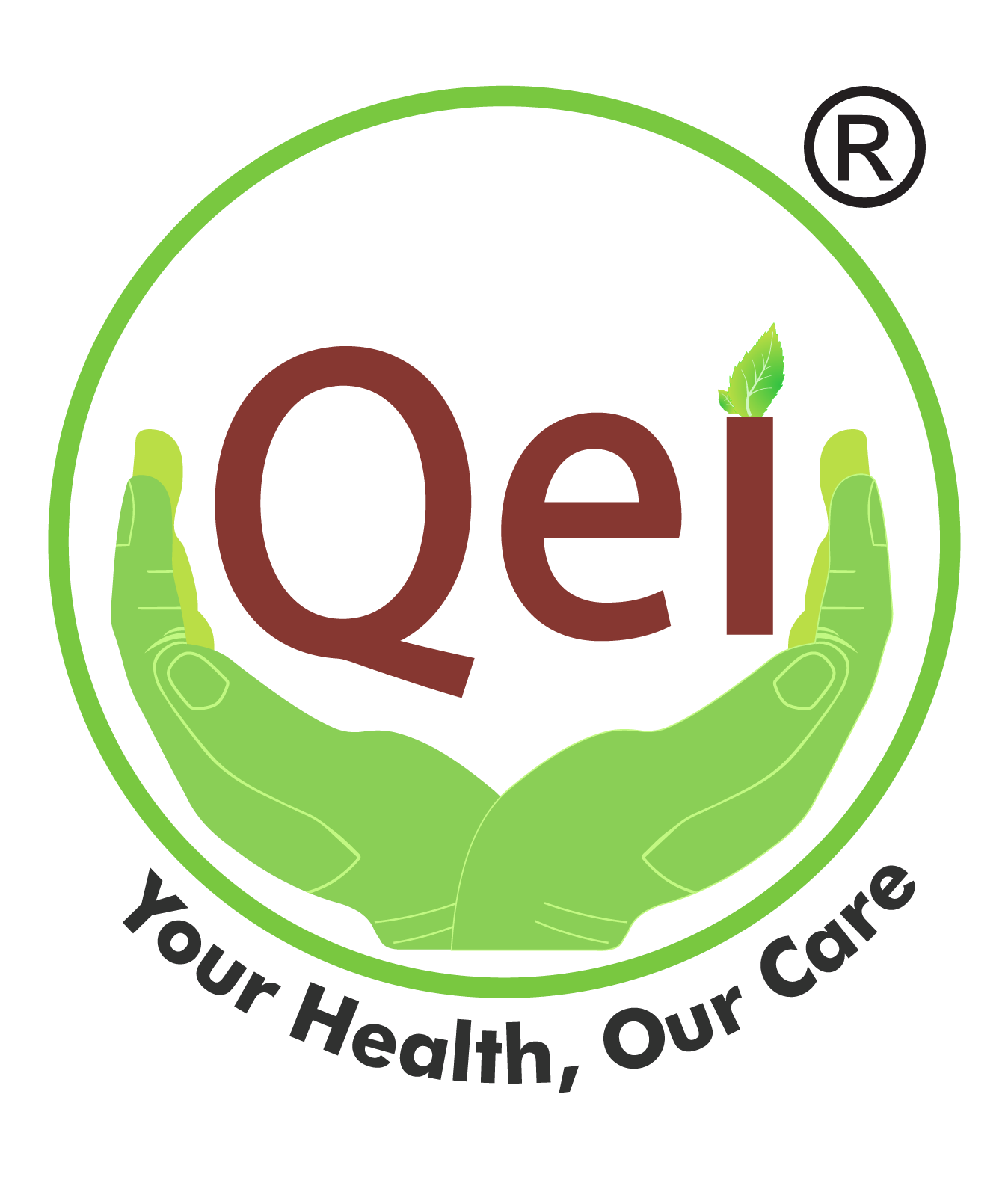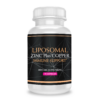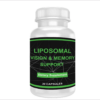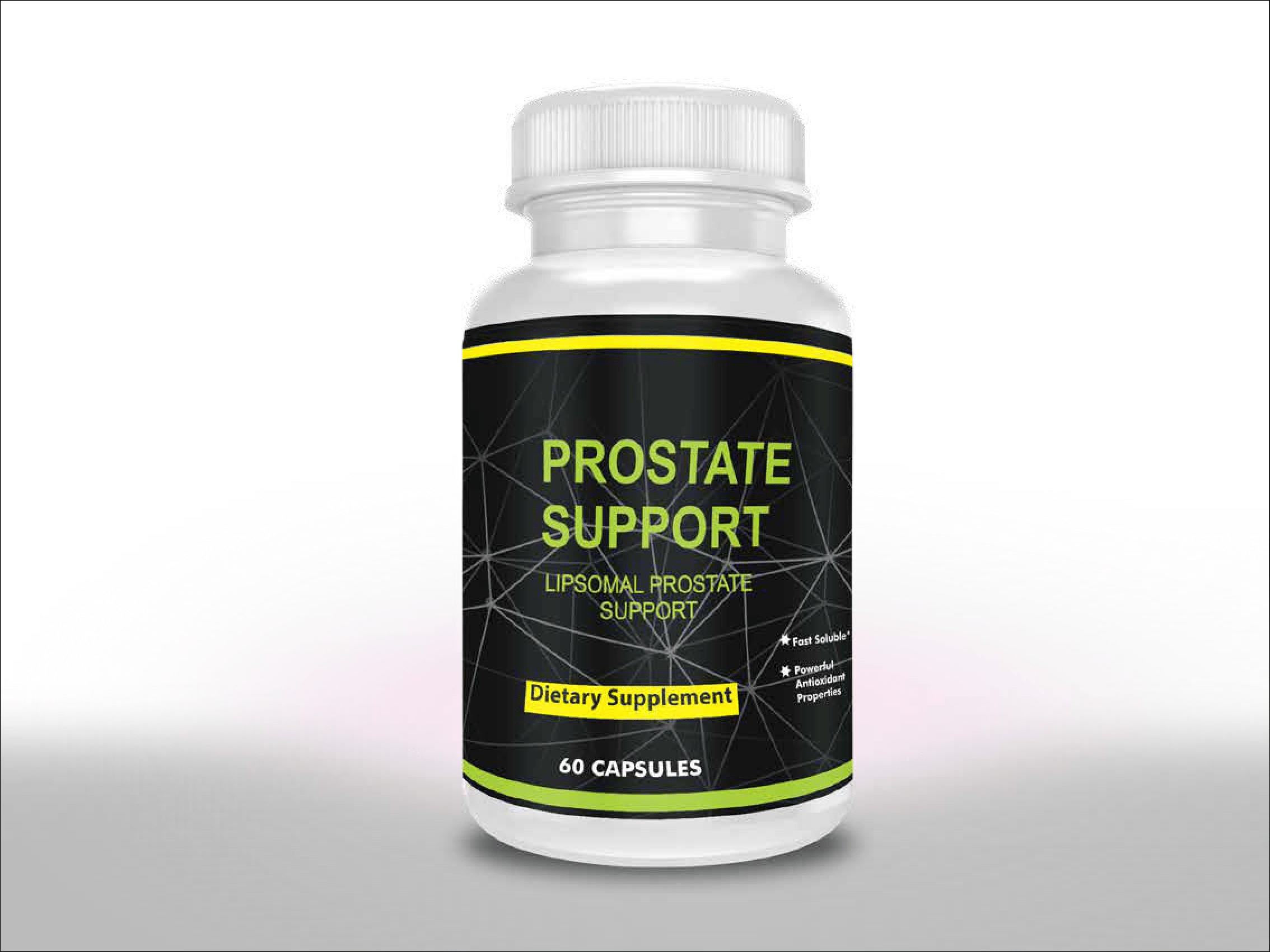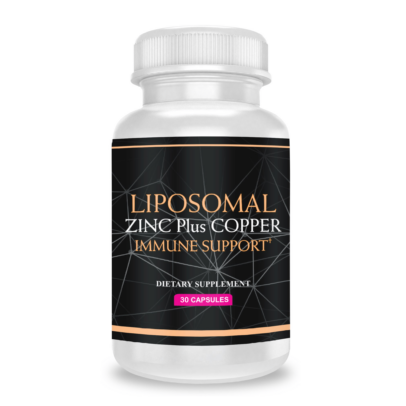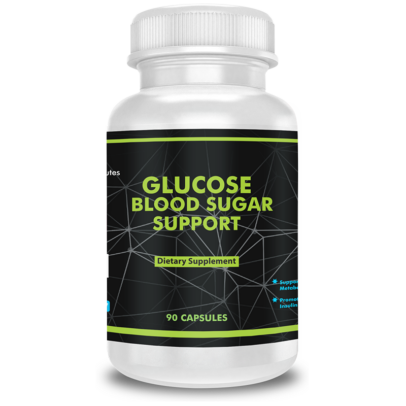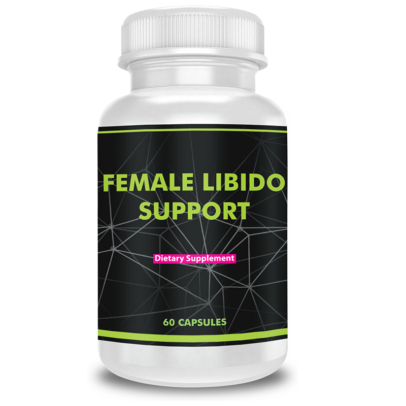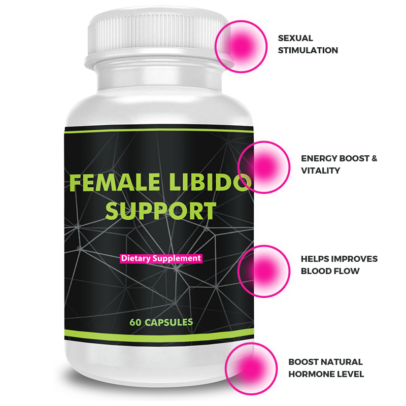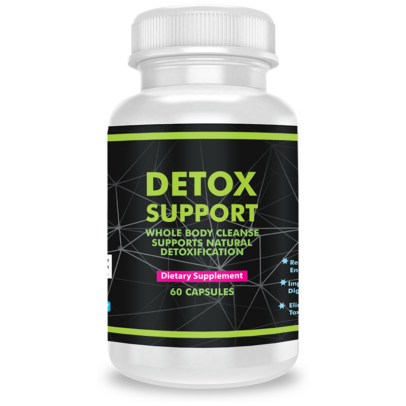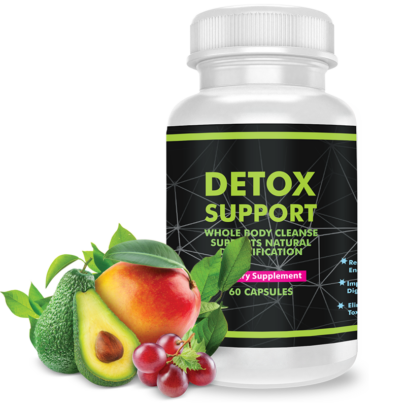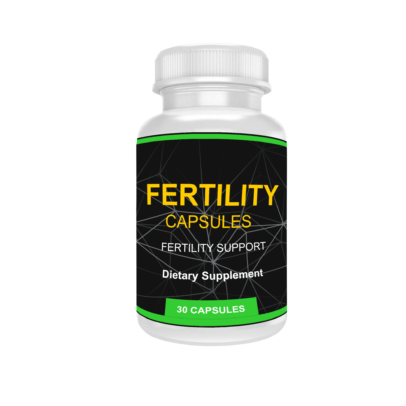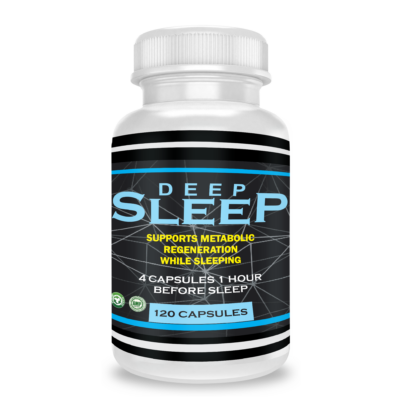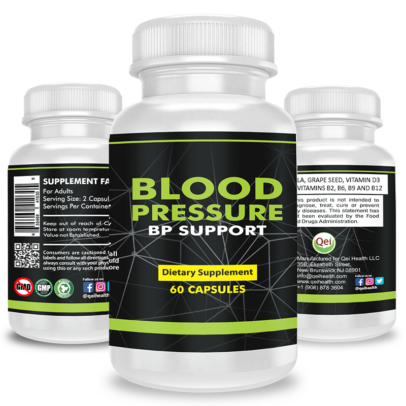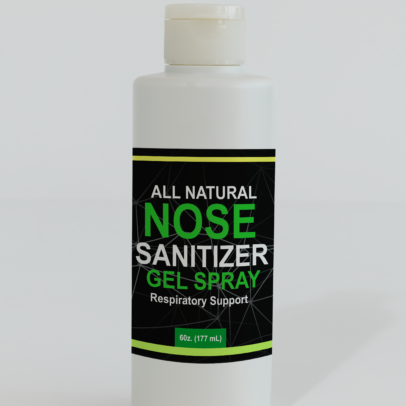
Liposomal Prostrate Support
Liposomal Prostrate Support
Our liposomal prostrate support supplement aids in the treatment of enlarged prostate, helps to lower the amount of pressure on the tubes that carry urine in males and helps relieve urinary problems such as poor urine flow and nighttime urination.
SKU: MEGA-HR-1-1-2
Category: Support
Free
Worldwide Shopping
100%
Guaranteed Satisfaction
30 Day
Guaranteed Money Back
Ingredients; beta sitosterol, saw palmetto, stinging nettle, pygeum bark, lycopene
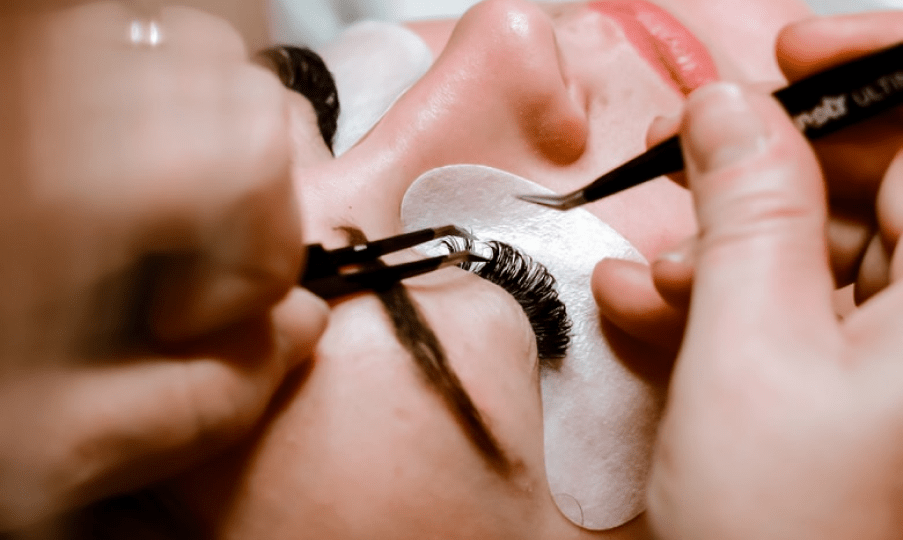

Ingredients of Liposomal Prostrate Support
BETA SITOSTEROL
Beta-sitosterol, categorized as a plant sterol, shares similarities with cholesterol and is present in fruits, vegetables, nuts, and seeds. This chemical compound shows promise in treating an enlarged prostate, also referred to as benign prostatic hyperplasia (BPH). Additionally, beta-sitosterol may contribute to lowering cholesterol levels by restricting the influx of cholesterol into the body.
SAW PALMETTO
Saw palmetto, scientifically known as Serenoa repens, is a diminutive palm tree indigenous to the southeastern regions of North America, particularly flourishing in areas such as Florida, Georgia, Cuba, and the Bahamas. Throughout history, Native Americans have harnessed the nutritional, diuretic, sedative, aphrodisiac, and cough-suppressant properties of the saw palmetto fruit. Notably, it appears to alleviate pressure on the urinary tubes in males and may hinder the conversion of testosterone to the more potent dihydrotestosterone (DHT). This reduction in DHT levels could contribute to the prevention of certain types of hair loss. Commonly employed for alleviating symptoms associated with an enlarged prostate, specifically benign prostatic hypertrophy (BPH), saw palmetto is also utilized to forestall complications arising from prostate surgery. Beyond its role in prostate health, saw palmetto finds applications in addressing various prostate conditions, male-pattern baldness, sexual dysfunction, and an array of other health-related purposes
STINGING NETTLE
Stinging nettle (Urtica dioica) has played a significant role in herbal medicine since ancient times. In ancient Egypt, it was utilized to address arthritis and lower back pain, while Roman solders applied it for warmth. Nettle is rich in vitamins, minerals, fatty acids, amino acids, polyphenols, and pigments, all of which function as antioxidants within the body. Its potential to suppress inflammation makes it beneficial for conditions such as arthritis, and it may also assist in reducing the size of prostate and alleviating symptoms associated with enlarged prostate gland, particularly in men with benign prostatic hyperplasia (BPH).
PYGEUM BARK
Native to African forest regions, the mountains of Central and South America, the Gulf of Guinea, and the islands of Madagascar and Comoros, Pygeum, an evergreen tree, has been historically utilized by African tribes for addressing urinary problems through the application of powdered Pygeum bark. Renowned as a sought-after alternative remedy, Pygeum’s popularity is grounded in extensive research substantiating its diverse benefits. Within its composition, Pygeum contains chemicals that show promise in treating conditions such as benign prostatic hyperplasia (BPH), prostate cancer, prostatitis symptoms, alleviating general inflammation, assisting in the management of symptoms related to kidney disease, and contributing to the treatment of urinary conditions.
LYCOPENE
Lycopene, classified as a carotenoid, is an organic pigment closely related to beta-carotene, imparting a red hue to certain vegetables and fruits like tomatoes. Renowned for its potent antioxidant properties, lycopene has the potential to shield cells from damage. Aboundantly present in foods such as tomatoes, watermelon, red orange, pink grapefruit, apricot, rose hip, and guava, this compound is believed to contribute to bone health. Additionally, as a robust antioxidant, it may offer protective benefits against heart disease and specific types of cancer.

